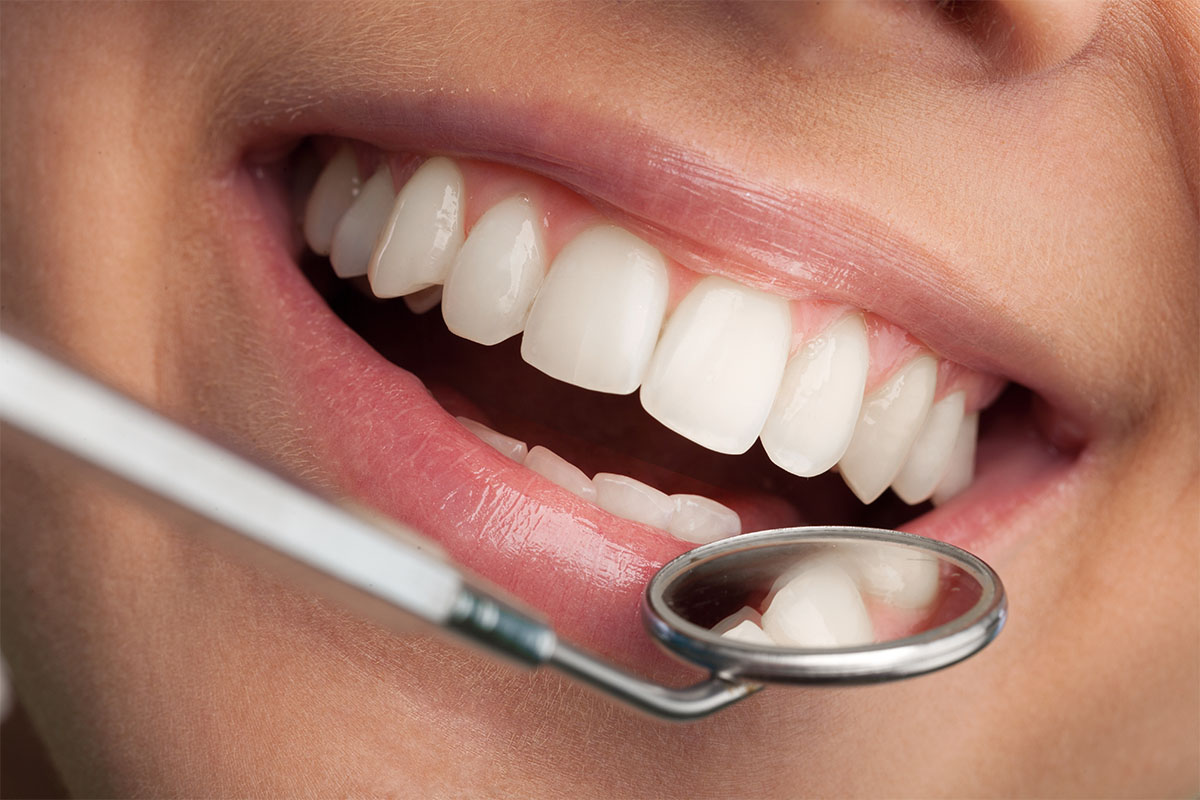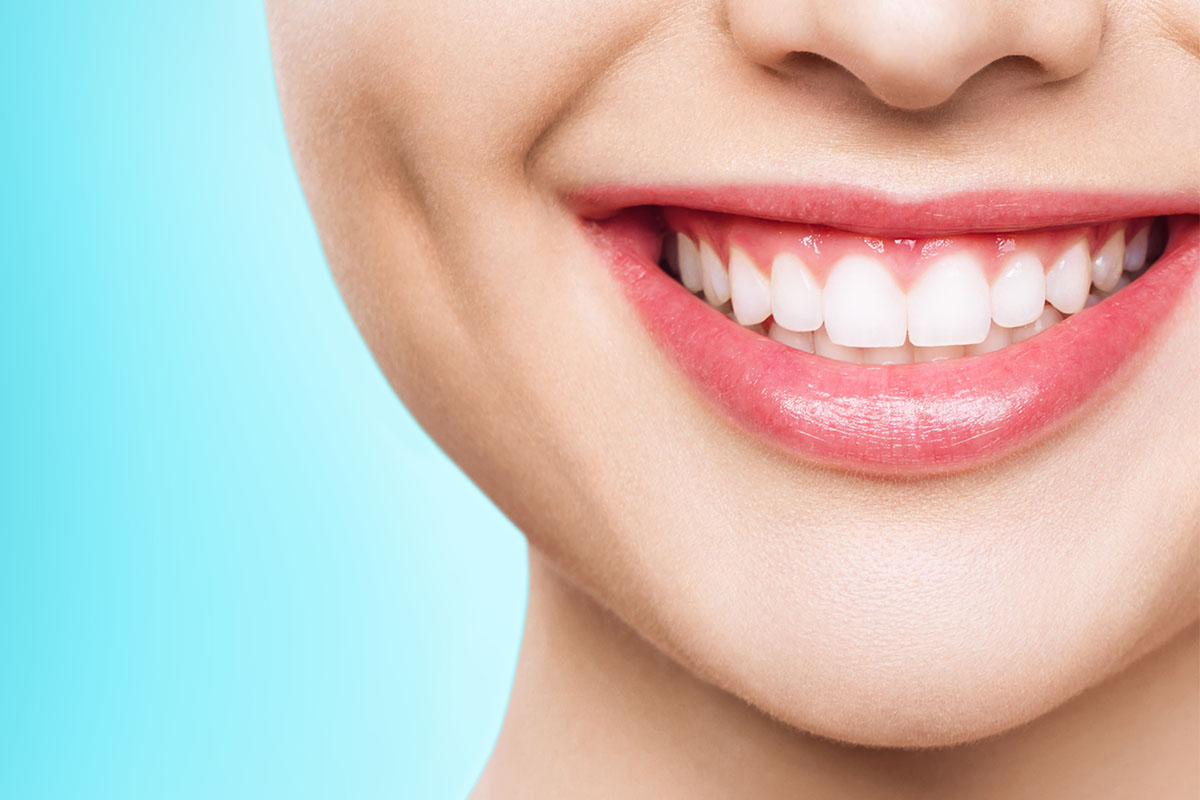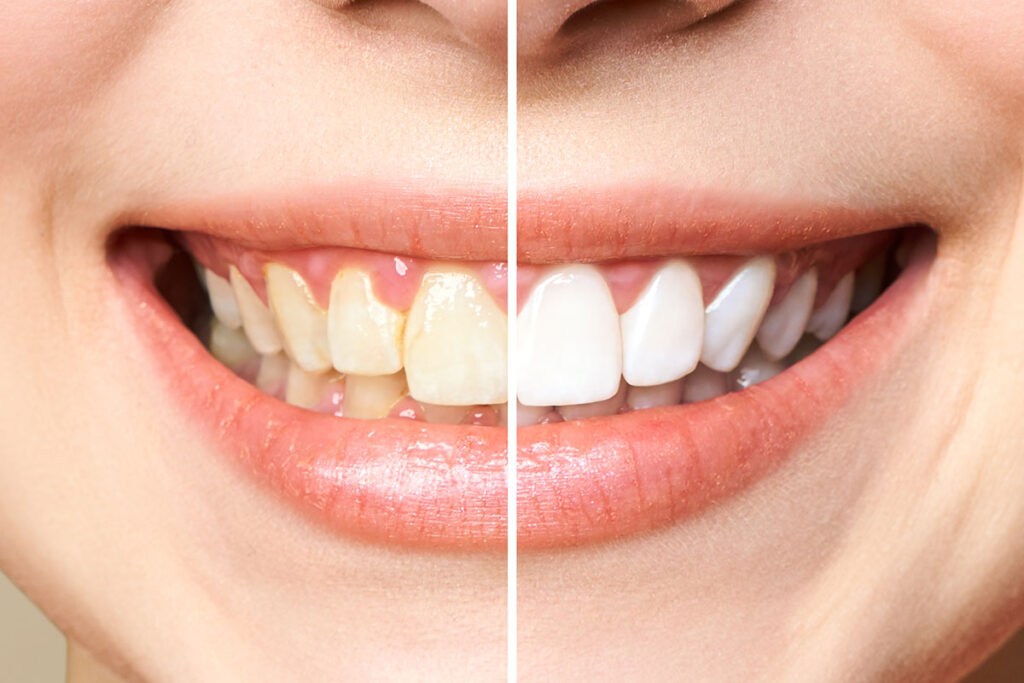Teeth Whitening
Teeth whitening is one of the most popular cosmetic dental treatments today, yet it is surrounded by numerous myths and misconceptions. These myths can often deter people from seeking the treatment they need or lead to ineffective and sometimes harmful DIY solutions. This comprehensive guide will debunk common myths about teeth whitening, providing clarity and accurate information to help you make informed decisions.
Myth: Teeth Whitening Damages Enamel
A prevalent myth about teeth whitening is that it damages the enamel. In reality, professional teeth whitening, when performed by a qualified dentist, is safe and does not harm the enamel. Dentists use approved whitening agents that are designed to penetrate the tooth enamel safely, breaking down stains without causing any damage. The benefits of dental implants are akin to the benefits of professional teeth whitening, both being safe and effective treatments when conducted by professionals.

Myth: Whitening Results Are Permanent
Another common misconception is that teeth whitening results are permanent. While professional teeth whitening provides long-lasting results, they are not permanent. Factors such as diet, smoking, and oral hygiene practices can affect the longevity of the whitening results. Regular touch-ups and maintaining good oral hygiene can help prolong the whitening effects, much like the care needed to maintain the benefits of dental implants.
Myth: All Whitening Products Are the Same
Many people believe that all whitening products, whether over-the-counter or professional, provide the same results. This is far from the truth. Over-the-counter products typically contain lower concentrations of whitening agents, making them less effective than professional treatments. Professional teeth whitening is customized to your specific needs, offering more effective and quicker results, similar to how the benefits of dental implants are superior to other tooth replacement options.
Myth: Whitening Toothpaste Works as Well as Professional Whitening
Whitening toothpaste can help remove surface stains but does not change the intrinsic color of your teeth. These toothpastes usually contain mild abrasives that can polish the teeth but are not strong enough to provide significant whitening. Professional whitening treatments penetrate deeper layers of the teeth, offering more dramatic results. Just as the benefits of dental implants include improved functionality and aesthetics, professional whitening offers superior results compared to whitening toothpaste.
Myth: Whitening Makes Teeth Sensitive Forever
Some believe that teeth whitening causes permanent sensitivity. While temporary sensitivity is a common side effect, it typically resolves shortly after the treatment. Dentists often use desensitizing agents during the whitening process to minimize discomfort. Understanding that sensitivity is usually temporary helps alleviate concerns, much like understanding the long-term benefits of dental implants alleviates concerns about implant procedures.
Myth: You Can Whiten Veneers and Crowns
A common myth is that whitening treatments can also whiten dental restorations like veneers and crowns. Whitening agents only work on natural tooth enamel and do not affect the color of restorations. If you have veneers, crowns, or fillings, it’s important to discuss whitening options with your dentist to ensure a uniform appearance. This is similar to how the benefits of dental implants do not extend to whitening but rather to restoration and functionality.
Myth: DIY Whitening Methods Are Safe and Effective
DIY whitening methods, such as using lemon juice, baking soda, or hydrogen peroxide, are often touted as safe and effective. However, these methods can be harmful to your teeth and gums. Lemon juice is highly acidic and can erode enamel, while excessive use of baking soda can be abrasive. Professional guidance is crucial for safe whitening, just as it is for achieving the benefits of dental implants.

Myth: Whitening Is Only for Young People
Teeth whitening is not just for young people; adults of all ages can benefit from a brighter smile. Teeth naturally darken with age due to changes in the dentin and the accumulation of surface stains. Professional whitening can help restore a youthful appearance, making it a valuable treatment for people of all ages. Similarly, the benefits of dental implants are available to adults of all ages, providing effective solutions for missing teeth.
Conclusion
Dispelling myths about teeth whitening is essential for understanding the treatment’s true potential and limitations. Professional teeth whitening is a safe, effective, and customizable treatment that can significantly enhance your smile. By debunking these common myths, we hope to encourage more people to seek professional whitening treatments and enjoy the numerous benefits they offer, much like the widespread advantages and benefits of dental implants.
FAQ
- Is teeth whitening safe?
- Yes, professional teeth whitening is safe when performed by a qualified dentist.
- How long do teeth whitening results last?
- Results can last several months to a year, depending on oral hygiene and lifestyle.
- Do over-the-counter whitening products work?
- They can help remove surface stains but are less effective than professional treatments.
- Can teeth whitening damage my enamel?
- No, professional teeth whitening does not damage enamel when performed correctly.
- Will whitening toothpaste make my teeth as white as professional treatments?
- No, whitening toothpaste can only remove surface stains and cannot achieve the same results as professional treatments.
- Is teeth whitening suitable for all ages?
- Yes, adults of all ages can benefit from teeth whitening.
- Does teeth whitening cause permanent sensitivity?
- No, any sensitivity is usually temporary and subsides after treatment.
- Can veneers and crowns be whitened?
- No, whitening agents do not affect the color of dental restorations.
- Are DIY whitening methods safe?
- Many DIY methods can be harmful; it’s best to seek professional advice.
- What are the benefits of dental implants compared to whitening?
- While whitening improves the appearance of teeth, benefits of dental implants include replacing missing teeth and restoring function and aesthetics.












